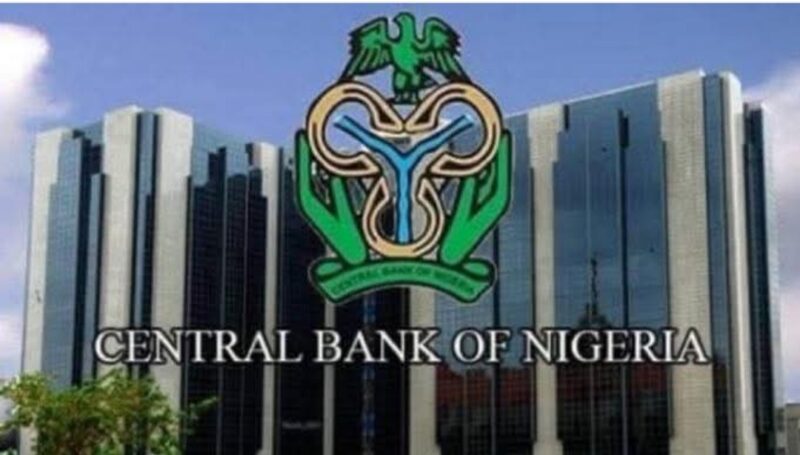The Central Bank of Nigeria (CBN) has issued a directive requiring Deposit Money Banks and other financial institutions to refund customers for failed Automated Teller Machine (ATM) transactions within 48 hours. The move is part of a wide-ranging reform aimed at protecting consumers and rebuilding trust in Nigeria’s banking industry.
The new directive was outlined in a draft guideline released by the apex bank on Saturday, titled “Exposure of the Draft Guidelines on the Operations of Automated Teller Machines in Nigeria.”
The document, signed by Musa I. Jimoh, Director of the Payments System Policy Department, was distributed to banks, payment service providers, card schemes, and independent ATM operators. The CBN also invited stakeholders to submit feedback by October 31, 2025.
Advertisement
READ MORE :Air Force Probes Possible Accidental Strike On Gin Distillery In Rivers
Under the proposed framework, failed “on-us” transactions—where customers use ATMs belonging to their own bank—must be automatically reversed. However, if technical problems prevent instant reversal, banks must process refunds manually within 24 hours.
For “not-on-us” transactions carried out on another bank’s ATM, refunds are to be completed within 48 hours.
“Customers must not be made to suffer for failed transactions caused by system errors or network failures,” the circular stated.
As part of a major policy shift, the CBN has instructed banks and ATM acquirers to deploy systems that can automatically reverse failed or incomplete transactions, thereby eliminating the need for customers to lodge complaints.
Additionally, any institution holding funds resulting from unsuccessful transactions must reconcile and return such balances to customers without delay.
According to the apex bank, the new measures are designed to tackle the growing dissatisfaction caused by delayed refunds and poor service. They also form part of efforts to improve consumer protection, strengthen reliability, and modernize the country’s payment system in line with international best practices.
The draft guideline also seeks to restructure ATM operations nationwide. It mandates banks and card issuers to deploy at least one ATM for every 5,000 active cards, with compliance milestones set at 30% by 2026, 60% by 2027, and full compliance by 2028. Furthermore, any installation, relocation, or deactivation of ATMs must receive prior CBN approval.
To enhance security, the apex bank requires ATMs to be equipped with anti-skimming devices, surveillance cameras, and located in enclosed or well-lit areas.
The machines must also comply with Payment Card Industry Data Security Standards (PCI DSS), maintain audit logs, and display functioning helpdesk contact details. At least 2% of all ATMs must include tactile symbols to assist visually impaired customers.
In addition, ATMs are required to dispense cash before returning cards, allow customers to change PINs free of charge, issue receipts for all transactions except balance inquiries, and clearly display transaction fees. The CBN also emphasized that machines must only dispense clean banknotes and include backup power systems to reduce downtime.
According to the new guideline, ATM downtime should not exceed 72 consecutive hours. If a machine remains non-functional beyond that period, the operator must inform the public of the reason and provide an estimated restoration time.
The CBN stated that it will monitor compliance through periodic audits, on-site inspections, and mandatory monthly reports from ATM operators detailing their machine deployments and locations. While fines were not specified, non-compliant institutions will face sanctions.
The apex bank explained that the reform became necessary due to rising complaints about failed transactions, cybercrime, and poor service standards. It added that the objective is to build “a payments system that works seamlessly for everyone, urban and rural users alike.”
Nigeria’s electronic payments industry has expanded significantly in recent years, with more than 200 million cardholders relying increasingly on digital banking. However, recurring network issues, infrastructure challenges, and delayed reversals have continued to erode public confidence.
Introduced just eight months after the revision of ATM transaction fees, the new guidelines are expected to improve service efficiency, strengthen transaction security, and hold financial institutions accountable. Stakeholders have been urged to submit their input before the final version takes effect, which could happen before the end of 2025.








